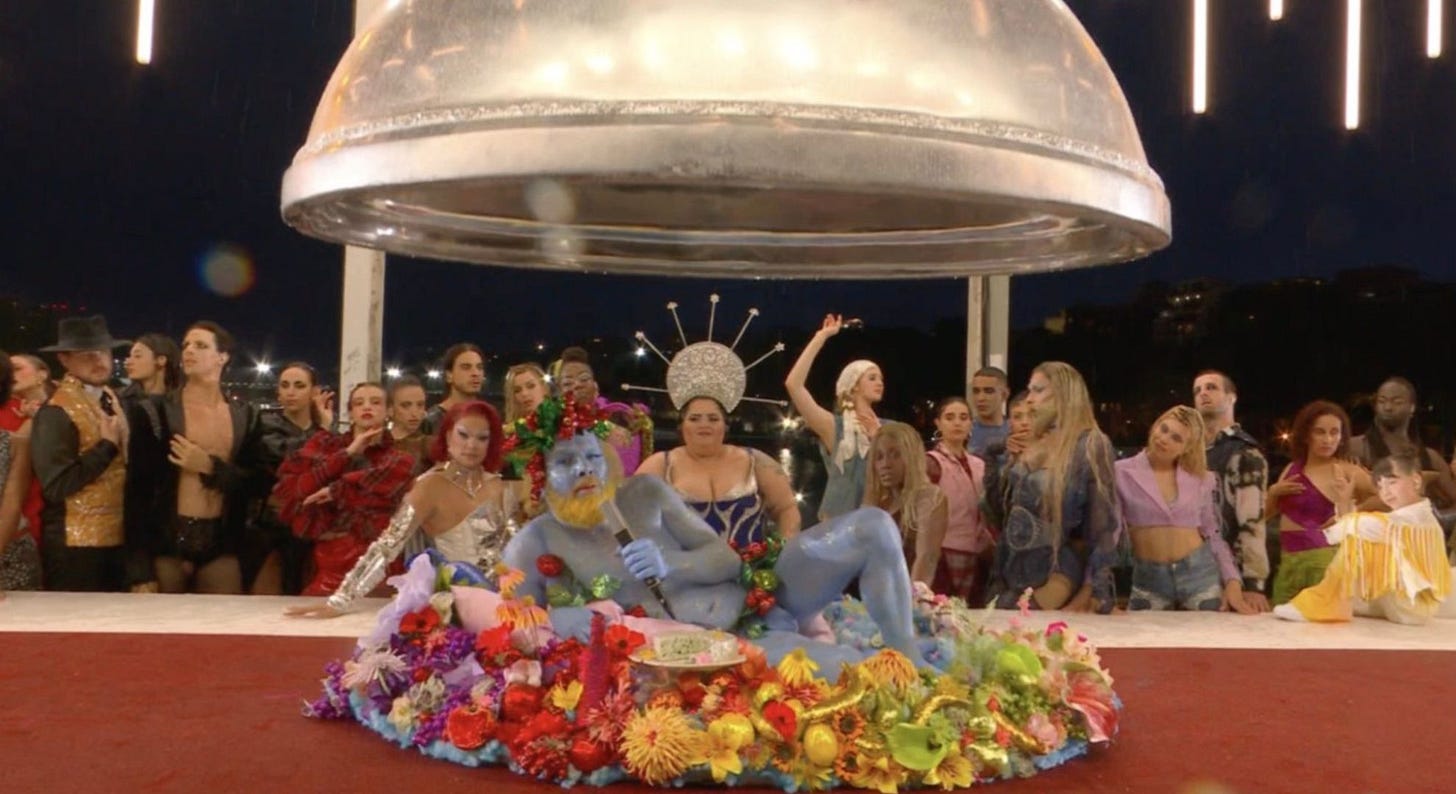Why Do Some See 'The Last Supper' and 'a Man,' Contrary to Competing Evidence?
Our beliefs about the world impact our experience of the world. To a hammer, everything is a nail.
According to Buddha, the world we believe in becomes the world that we live in.
I’ve seen this maxim play out during the Olympics a couple times in the past week.
First, during the Opening Ceremonies when a group of drag queens choreographed a tableau of… The Feast of the Gods… or… The Last Supper?
And then again when Algerian boxer Imane Khelif’s match against Italian boxer Angela Carini abruptly ended after Carini quit the fight when she got hit in the face by Khelif just seconds into the match.
This sparked much debate about the sex of Khelif who was fighting in the women’s bracket. As is widely known, Khelif has always fought in the women’s bracket because, well, Khelif has always lived as a woman. But some believe the boxer is actually a man, and therefore should not be fighting in the women’s bracket.
Now, what I won’t do in this post is try and adjudicate either of the above controversies—as though my opinion is somehow better/more true than all the others out there.
However, I do want to offer a few brief thoughts about these stories before moving on to the point I want to make, which goes back to the aforementioned Buddhist teaching:
The world we believe in becomes the world we live in.






